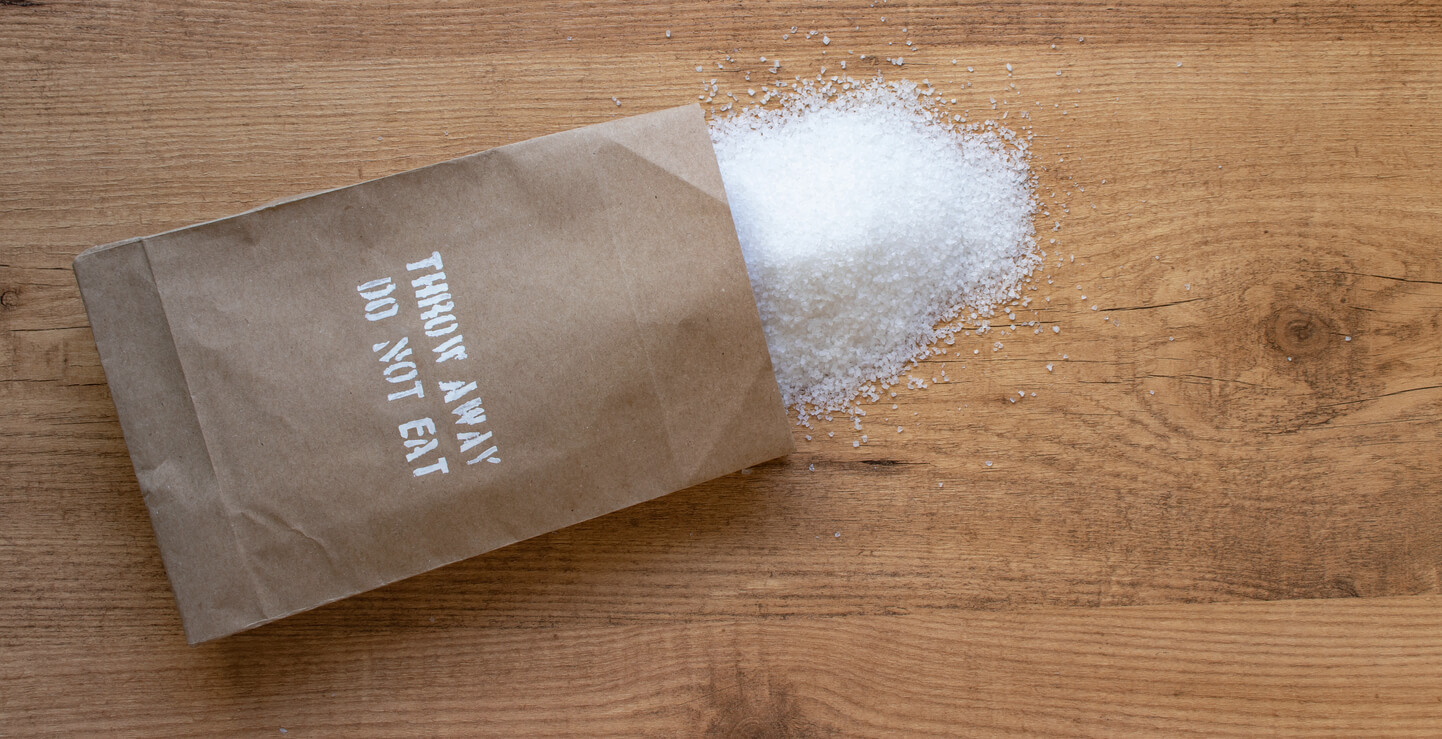In spite of decades of advice to lower salt intake for our good health, recent headlines screamed that a reduced amount of salt in our diet does not necessarily have a positive impact on our health – spurred by the results of a study published in the American Journal of Hypertension.
The New York Times ran with “Cutting Salt Has Little Effect on Heart Risk” and the UK’s Daily Mail used, “Cutting back on salt ‘does not make you healthier.'”
In the study, researchers from the United Kingdom and the U.S. looked at seven studies with a total of 6,489 participants and the impacts of lowering salt intake on their health. The conclusion was that eating less salt or following a low-salt diet did not prevent heart attacks, strokes, or early death.
So, are the headlines to be believed? Did the results of this study turn decades of advice about lowering salt intake on its head? Let’s find out:
-Of the seven research trials that were included, the study participants, on average, made only modest reductions in their salt intakes resulting in relatively small reductions in blood pressure. So even though the participants were not very successful at lowering their sodium intake, the researchers pushed ahead anyway trying to determine if salt reduction only reduced blood pressure but also lowered heart disease and death.
-Because the researchers analyzed the data from study participants with normal blood pressure separately from those with high blood pressure, they lacked the number of subjects needed to show statistical significance. In other words, because of the small changes in blood pressure, they needed more people to show any benefits on the ultimate outcomes of heart disease and death.
-Two scientists from the London School of Medicine and Dentistry reanalyzed the data combining all the subjects and found a 20 percent reduction in heart disease and stroke despite the small reductions in salt intake.
In light of all this, the major question that arises : Is salt good for your health – what should you do?
Solution – You can retrain your taste buds to enjoy food with reduced amount of salt in it.
TIPS
1. Keep the salt shaker off the table and while cooking, season your foods with a variety of low-sodium herbs and spices. It’s easy to cook with less salt when you use the right ingredients.
2. Read food labels and steer away from high-sodium processed foods, such as cured meats (ham, salami, hot dogs, bacon, etc.), pickled and fermented foods (dill pickles, soy sauce, sauerkraut), salty snacks (potato chips, pretzels, cheese puffs) and most canned soups.
3. Work toward achieving the AHA recommendation of consuming a maximum of 1,500 mg of sodium a day.
4. Put the pressure on food suppliers. Buy low-sodium foods and request that no salt be added in the kitchen at your favourite restaurants.
Copyright@2019, distributed by Tribune Content Agency. All rights reserved.




